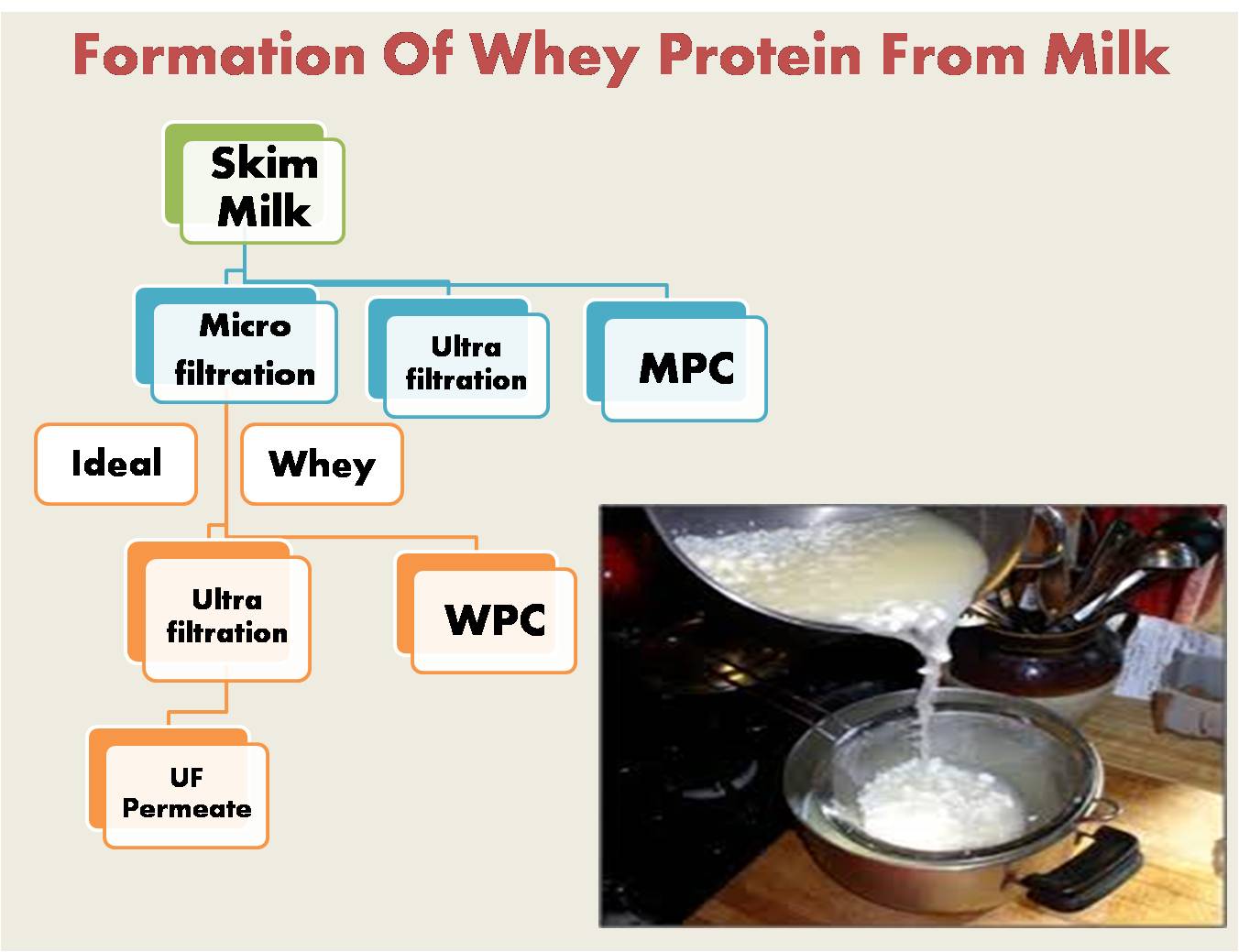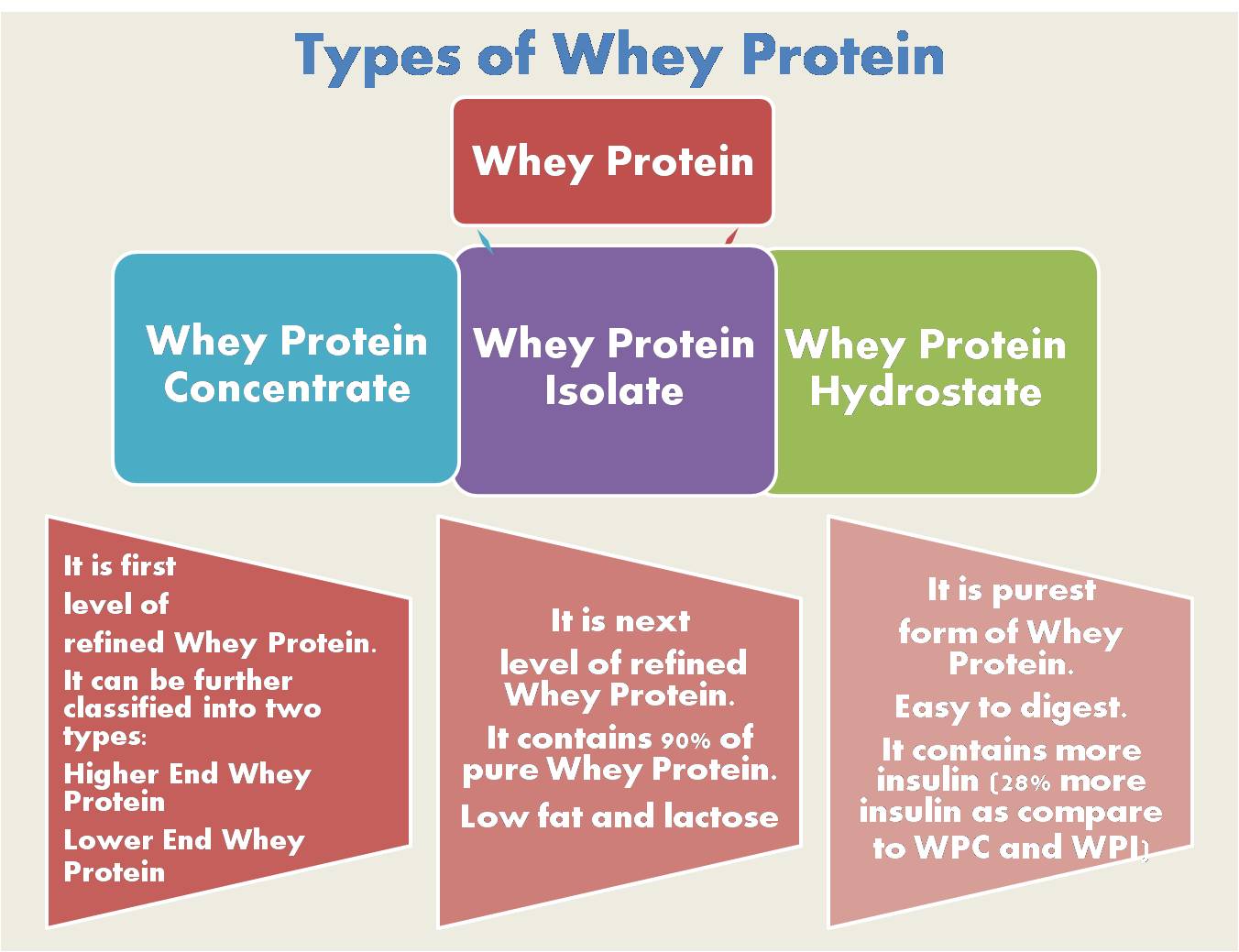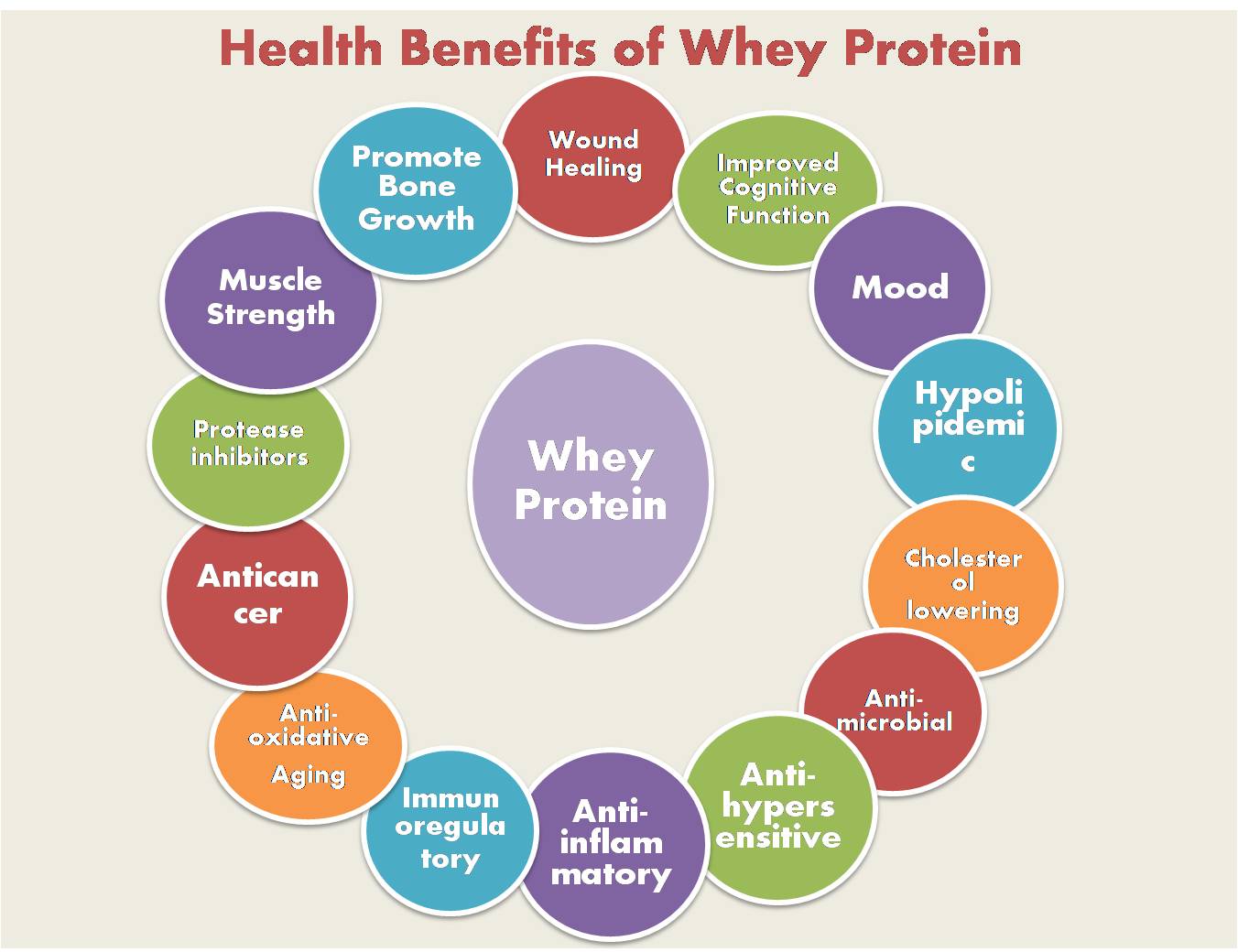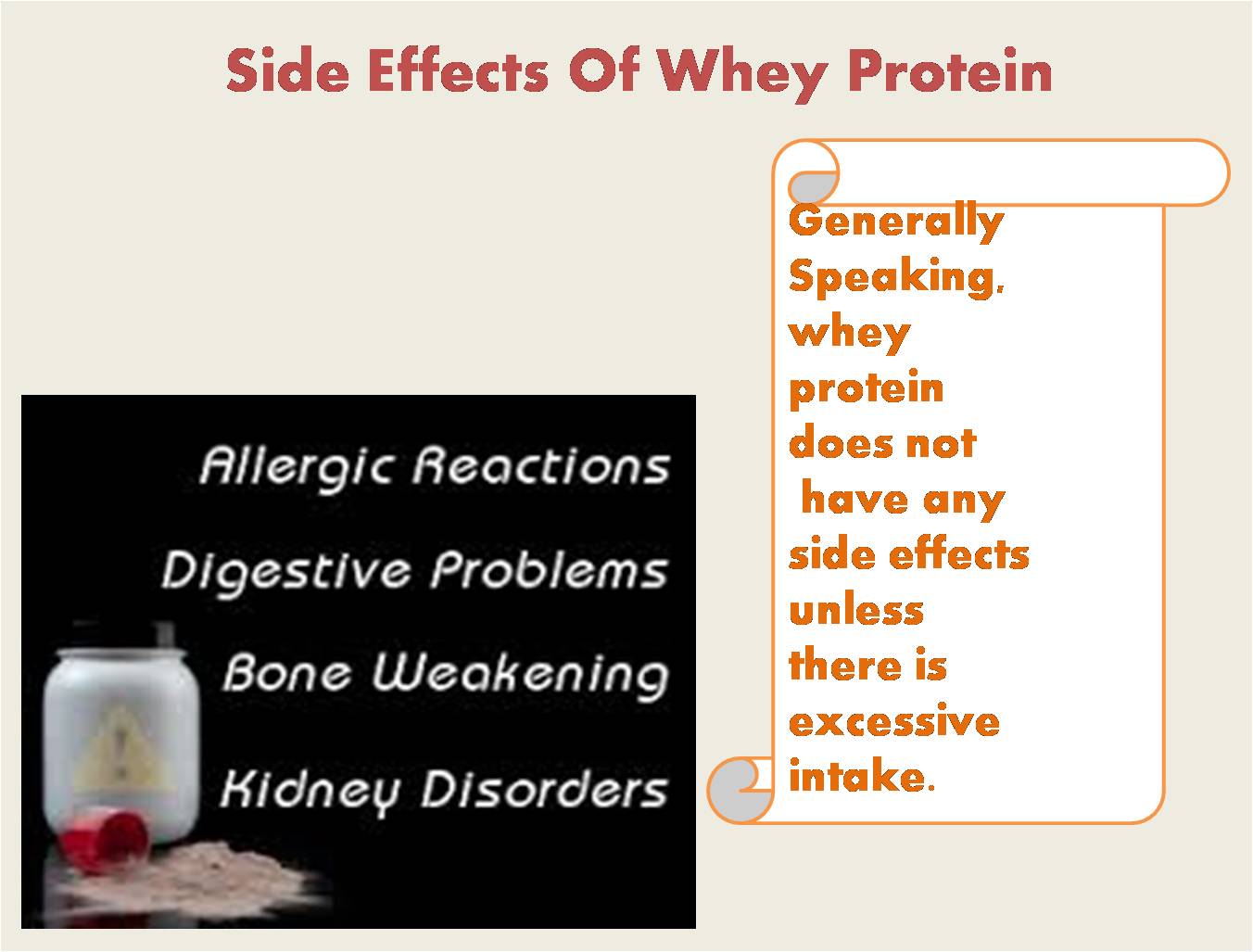Guidelines for Whey Protein
Whey is a protein separated from the milk. It is the watery portion of the milk that separates from the curds while making cheese. Milk is made of two proteins, casein and whey. You can separate whey protein from the casein in milk or formed as cheese. Whey protein is commonly ingested as a dietary supplement. Whey is the left over part of milk, while milk is coagulated during the process of cheese production. It contains everything that is soluble from milk after the pH is dropped to 4.6 during the coagulation process. Whey protein is a complete protein and contains all indispensable amino acids. Whey protein is a mixture of Beta-lactoglobulin, Alpha- lactalbumin, bovine serum albumin and immunoglobulins. These all components are soluble in their native forms.
What is Whey Protein?
Whey Protein is a combination of proteins isolated from whey. Whey is the liquid part of milk that split during cheese production. Milk contains two major kinds of protein casein (80%) and whey (20%). Whey is present in the watery part of milk. When cheese is formed, the fatty parts of the milk coagulate and the whey is separated from it as a by-product. At the time you open a yogurt container, you can see a liquid floating on top that is whey. If the cheese makers are not getting its commercial value they used to discard it. After being separated from the milk during cheese production, whey goes through a series of processing steps to become whey protein. It is converted into powder which is added to shakes, meal replacements and protein bars. Whey protein is not so good in taste so they are generally flavored. The most popular flavors are chocolate, vanilla and strawberry. You can easily take 25-50 grams of protein daily by taking whey protein. This is important for bodybuilders and gym devotees, as well as people who need to lose weight or are simply lacking protein in their diet. Whey is generally well accepted, although people with lactose unacceptable people need to be careful with it. There are also some people who are allergic to whey.
There are different types of whey protein:
· Whey Protein Concentrate (WPC): It contains low levels of fat and lactose (carbohydrates). At the lower end protein tends to be 30% and higher end up to 90%.
· Whey Protein Isolate (WPI): It is additionally processed more to remove all the fat and lactose, generally it is at least 90% protein.
· Whey Protein Hydrolysate (WPH): This is the predigested form of Whey Protein, it has undergone partial hydrolysis. It doesn’t require much digestion as the other two needed. This protein is highly used in infant formulas and medical protein supplements.
Health Benefits of Whey Protein:
· Increasing Power: It plays an important role in increasing power to the body and to fight with the effects of a tiring day and disease.
· Low Fat and Preserve Muscle: Whey helps in losing weight and supports the muscles. Whey protein contains an unbelievable range of amino acids which are absorbed by the body quickly. People who take whey protein lost body fat and preserved their muscles.
· Increase Size and Strength: People who consume whey had greater increases in fat-free mass and muscle strength.
· Weight Management: A reduced calorie, higher whey protein diet may improve the quality of weight loss by helping you lose more fat. It reduces hunger. Instead of munching unhealthy food all the time you should drink a protein shake.
· Fight with Cancer: Whey protein may help in fighting against some common type of cancers. Whey Protein Concentrate and glutathione modulation is used in cancer treatment. Whey protein has the ability to temper free radical bioactivity of cancer cells as proven by its ability to behave like a chemotherapy agent.
· Coping with Stress: Whey protein reduces some symptoms of depression and keeps a person in a better mood. It helps in coping with stress.
· Improved Immune System: It also helps in improving the immune system of the body. If you include whey protein in your diet regularly it would be support for a healthy immune system. Immunoglobulin is an antibody that is found in whey protein powder in concentrations of as much as 10-15%.
· Low Cholesterol: There is significant decrease in cholesterol by using whey protein. Using whey protein, the levels of HDL, triglycerides and systolic blood pressure and found that taking the whey protein supplement had higher level of HDL (good cholesterol) .
· Asthma: Whey protein could increase the immunity in children with asthma.
· Lowering Blood Pressure and Reducing Risk of Cardiovascular disease: Whey protein reduces the blood pressure in patients with hypertension and risk of developing heart disease or stroke.
Muscle building with whey protein
Whey protein helps in improving muscle protein synthesis and encourages the growth of lean tissue mass along with resistance exercise. Resistance exercise with whey protein is more beneficial than exercise without it.
If there are good then there are bad also. If there are so many benefits of whey protein then there are side effects also.
Possible Side effects:
If someone is allergic to milk may be he is allergic to whey. Generally it doesn’t cause any adverse effect but consuming high doses can cause.
· Stomach Pain
· Cramps
· Reduced appetite
· Nausea
· Headache
· Fatigue
Whey protein is basically used for athletic performance. It could be used as a food supplement or an alternative to milk for those who could not tolerate lactose. It can also be used as a replacement or supplement milk-based infant formulas and for reversing weight loss and increasing glutathione (GSH) in people with HIV disease.
Whey protein is also beneficial for protein allergy, asthma, high cholesterol, obesity and weight loss, preventing allergies in infants, last stage cancer and coloncancer. Whey is more than just protein. There are lots of other nutrients in it and some other potent biological effects. Whey protein has an exceptional safety profile and most people can consume it without any problems.




